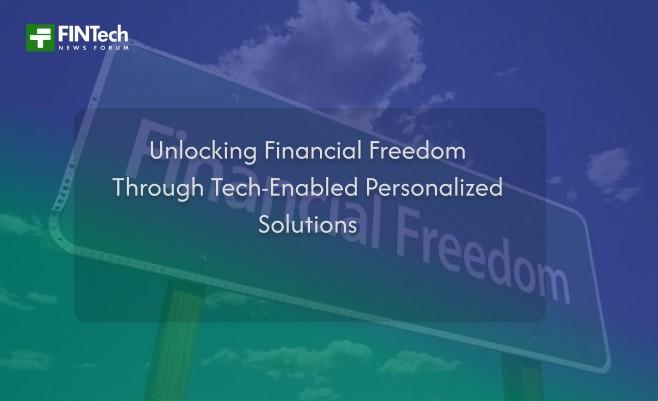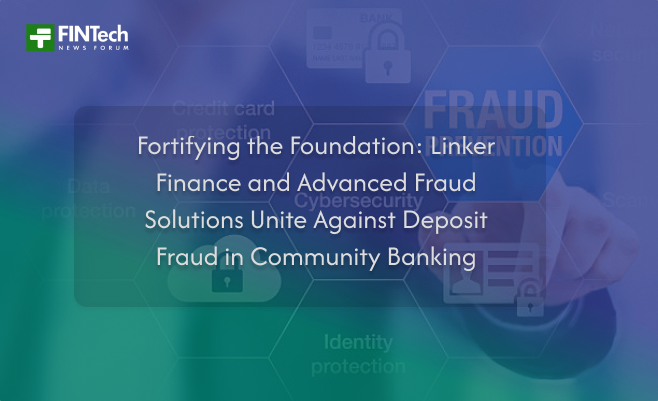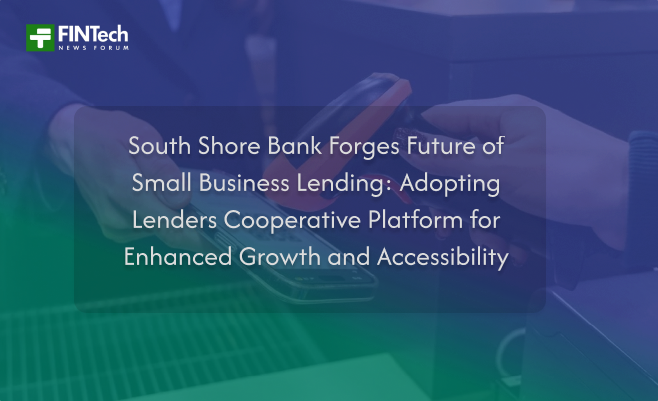
FinTech is dramatically improving financial data transparency by introducing technologies that enable real-time access, greater visibility, and increased accountability across the financial ecosystem. Traditionally, financial data was siloed, delayed, or controlled by centralized institutions, often making it difficult for businesses, regulators, and consumers to obtain accurate, up-to-date insights. With the rise of FinTech platforms—powered by open banking APIs, blockchain, AI, and cloud computing—financial data is now more accessible and verifiable than ever. These tools allow for seamless data sharing between institutions and users, fostering a culture of openness, trust, and informed decision-making. For businesses, this means better compliance, streamlined reporting, and faster access to credit. For consumers, it means more control over personal finances and increased confidence in how their data is used. Ultimately, FinTech is not only driving operational efficiency, but also setting new standards for ethical, transparent finance that benefits the entire ecosystem.
1. Open Banking and API Integration
Open banking, facilitated by FinTech APIs, allows users to securely share their financial data across different platforms. This promotes transparency by giving consumers and businesses a unified, real-time view of their finances and eliminating information bottlenecks.
2. Blockchain and Immutable Records
Blockchain technology enhances data transparency by creating tamper-proof, traceable records of financial transactions. These decentralized ledgers offer full audit trails, improving trust in financial reporting and reducing the risk of fraud or manipulation.
3. Real-Time Reporting and Analytics
FinTech tools provide real-time financial data analysis, replacing outdated periodic reporting with dynamic dashboards. This immediacy empowers users to make quicker, more informed decisions and increases accountability across financial operations.
4. Enhanced Regulatory Compliance
FinTech platforms help firms stay compliant by automating data collection and reporting in line with financial regulations. Regulators also benefit from better access to transparent, standardized data, making oversight more effective and less intrusive.
5. Empowered Consumers and Data Ownership
With FinTech, consumers gain greater control over their financial data—choosing how, when, and with whom it’s shared. This shift toward data ownership enhances trust, privacy, and personalization in financial services.
6. Transparency in Credit and Lending Decisions
Lenders using FinTech solutions can explain credit decisions more clearly with access to granular, alternative data. This not only builds transparency and fairness but also expands credit access to underserved populations.















